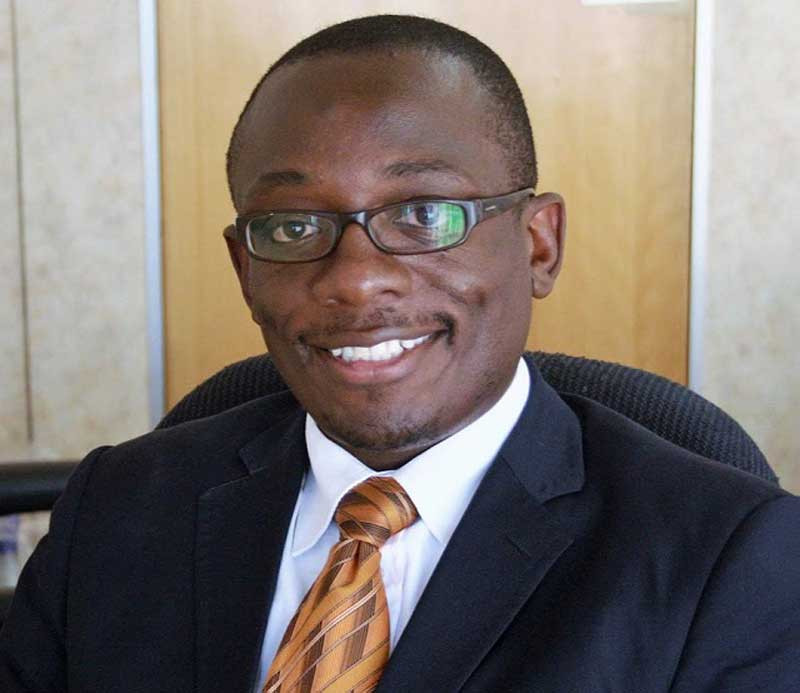
WOES continue to mount on inflation-ravaged parents as government schools defy a ministry directive to peg school fees for the first term next year on the prevailing interbank rate.
The Primary and Secondary Education ministry directed that schools should accept both methods of payment, with the local currency component pegged at the prevailing bank rate at a given time.
Currently, the official rate is US$1:$661.
A survey conducted by NewsDay revealed that some schools are using speculative rates of up to US$1:$1 000, citing skyrocketing cost of services and a volatile local currency.
A parent whose son is at Seke 3 High in Chitungwiza said the school was charging US$40 or $40 000 per term, placing the rate at US$1:$1 000.
“I think it is a method (devised) by school authorities to discourage the RTGS [Real Time Gross Settlement] payment method. But this is also a big disadvantage for us as parents, especially those of us who earn in the local currency,” the parent said.
“The behaviour by these school authorities exposes that government is not serious about the poor accessing education because the working poor are the ones who are receiving salaries and wages in RTGS.”
A parent with a child at Patsika Primary School in Pfungwe, Mashonaland East province, told NewsDay that they were paying $15 000 or US$15, which is equivalent to US$22,67 using the current bank rate.
- Chamisa under fire over US$120K donation
- Mavhunga puts DeMbare into Chibuku quarterfinals
- Pension funds bet on Cabora Bassa oilfields
- Councils defy govt fire tender directive
Keep Reading
“These are some of the issues that are fuelling the parallel market. We all end up looking for the US dollar on the parallel market to cover that difference,” another parent said.
At Hokodzi Primary School in Murewa district, parents are paying US$15 or $30 000, giving a rate of US$1:$2 000, while at Chemapango Primary School in the same district, fees are pegged at US$25 or $35 000 which translates to US$1:$1 400.
Kotwa Government School in Mudzi district, Mashonaland East province, is charging $30 000 or US$30.
Primary and Secondary Education ministry spokesperson Taungana Ndoro said defying a ministerial directive on school fees was illegal.
“It remains illegal to violate government policy and such schools and their heads risk heavy sanctioning,” Ndoro said.
Some private schools have also increased fees in United States dollars citing inflation.
One such school is Arundel in Harare, which has pegged its 2023 fees at US$2 980 per term for day scholars and US$5 150 for boarders.
Enrolment fees for a Form 1 place at the same school are above US$1 500.
Ndoro told State media last month that government will not block schools from charging exclusively in foreign currency as long as there was consensus among parents.









